Mortgage deposit: How much do I need to buy a house?
Saving for a deposit can be the most daunting element of buying a house, but remember that there’s no set amount you’ll need to put down
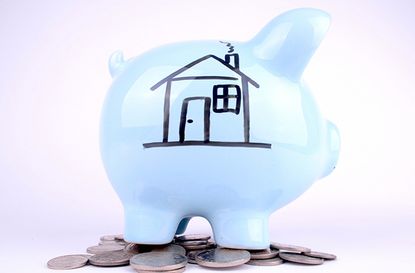
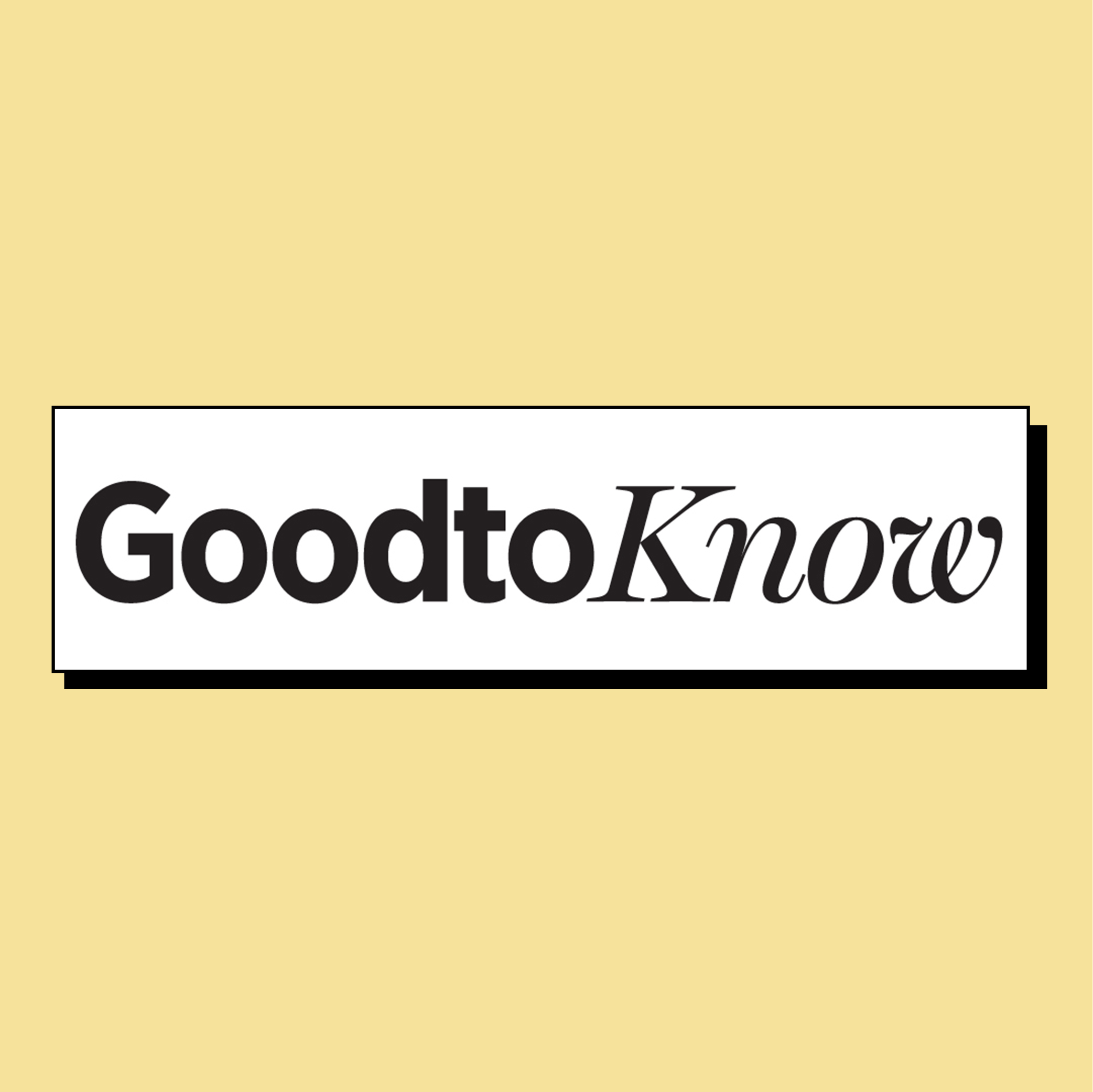
Saving for a mortgage
deposit can be the most daunting element of buying a house, but remember that there’s no set amount you’ll need to put down.
With the wide variety of products offered by banks, and the array of schemes offered by the government nowadays, you can buy a property with just a 5% deposit, or even 0% in some cases.
The larger your deposit, the smaller your loan and the less you’ll have to repay each month. If you can manage to save up a large deposit, you’ll be able to find better and cheaper deals.
However, of course, waiting to save up as big a deposit as possible will mean waiting longer to put your foot on the property ladder and potentially having to pay more for your property if in a period of rising prices.
It’s also crucial to remember that the amount you can borrow is also dependent on how much you earn, as well as other factors.
Check the best mortgage rates available now
GoodtoKnow Newsletter
Parenting advice, hot topics, best buys and family finance tips delivered straight to your inbox.
How much can I borrow for a mortgage?
The main factor for how much you can borrow comes down to what you earn and spend. The amount you will be able to borrow depends on the quality and sustainability of your income, as well as your monthly outgoings.
These are the crucial parts of lenders’ “affordability criteria” - essentially working out how much you can afford to borrow. Different lenders have different methods, so remember that some lenders will be able to lend you more than others and compare what you can get accordingly. You can calculate how much you are likely to be lent with a variety of online calculators.
The other main driver is loan to value: in the current market, you would usually need a deposit of at least 5% of a property’s value to successfully get a mortgage, with the bank lending you the remaining 95% of the property’s value.
To get the cheapest and most competitive mortgage offers on the market, you’d typically need to have a deposit of 40% or more, although this is unrealistic for most first-time buyers.
The more you put down on your deposit, the better and lower the mortgage rate tends to be.
What if I only have a small deposit?
There are a number of government-backed initiatives to help more people get on the property ladder and own their own homes, such as the Help to Buy scheme.
For example, with the Help to Buy: Equity Loan scheme, you only need a 5% deposit to own a newly-built home worth up to £600,000. You can borrow up to 20% (up to 40% in London) of the purchase price from the government, with a 75% mortgage (55% in London) to make up the rest.
If you are set on getting together a big deposit, there are ways to increase your own savings. You could buy with a friend or consider shared ownership and shared equity schemes.
For example, with the government’s Help to Buy: Shared Ownership scheme, you can buy a share of your home and pay rent on the rest. When you are able to afford to, the government will sell you a bigger share in your home.
Many young people also rely on the ‘bank of Mum and Dad’, with family contributions helping them get a foot on the property ladder.
Why is it better to have a bigger deposit?
Apart from the fact that your monthly repayments will be cheaper, with a bigger deposit you are more likely to successfully get a mortgage - and a better mortgage - as lenders will be more likely to believe you can afford your mortgage repayments each month. If you only put down a small deposit, you are more likely to fail affordability checks, as lenders will see that you’ll need to spend more on your mortgage repayments.
Secondly, it’s less risky to have a big deposit, as it makes it less likely that you will fall into negative equity. This is when a borrower owes more on their mortgage than their property is actually worth. It is wise to avoid this risk, as being in negative equity can make it impossible to move house or transfer to another mortgage. Worse, if you are in negative equity and you temporarily lose your source of income, you are at a high risk of repossession.
This is the biggest lump sum of money I’ll have to pay, right?
While the mortgage deposit is the biggest lump sum you’ll have to fork out when buying a house, don’t forget that there are several other costs associated with buying a house other than the deposit, including stamp duty, solicitors’ fees, mortgage fees, survey costs, land registry fees and removal fees.
You might also need to pay for renovations or buy new household appliances, so bear these additional costs in mind when trying to work out the size of your deposit.
Check the best mortgage rates available now
Can I buy a property without a deposit?
In some cases, depending on whether you meet the right criteria, some lenders will lend you 100% of the price of the property - known as a 100% LTV mortgage - but this will have very high costs associated with it.
Because the lender is taking on so much additional risk by providing you with a 100% mortgage, there will typically be a higher rate of interest to compensate.
Because these types of mortgages are more risky, they are often limited; often only to existing borrowers or to borrowers with financial help from their families. They are also sometimes available to borrowers with a guarantor, who would have to assume responsibility if the borrower failed to keep up their payments.
If you do have some money for a deposit, it’s better to put this down initially rather than trying to apply for a 100% mortgage, as it will help you get a cheaper mortgage overall.
Trusted, informative, and empathetic – GoodToKnow is the ultimate online destination for mums. Established in 2007, our 15-year-strong archive of content includes more than 18,000 articles, 1,500 how-to videos, and 7,000 recipes.
-
 Trifle cake
Trifle cakeThis trifle cake has all the elements of the classic British pudding but we’ve made it dairy-free
By Rose Fooks Published
-
 Prince George, Charlotte and Louis’ guinea pigs are more than just cute, experts reveal they’re teaching the kids some very important life lessons too
Prince George, Charlotte and Louis’ guinea pigs are more than just cute, experts reveal they’re teaching the kids some very important life lessons tooPrince William has revealed that his kids have some ‘pretty cool’ pets and experts say the animals can really help a child’s development
By Charlie Elizabeth Culverhouse Published
-
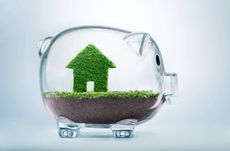 Lifetime mortgages: What is a lifetime mortgage and are they right for me?
Lifetime mortgages: What is a lifetime mortgage and are they right for me?Heard a lot about lifetime mortgages - or reverse mortgages - but not sure what they're about? Read our guide to see if it's the right option for you
By GoodtoKnow Published
-
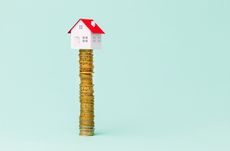 Government to end Help To Buy mortgage scheme: How will it affect you?
Government to end Help To Buy mortgage scheme: How will it affect you?This week, the government announced that the Help To Buy mortgage guarantee scheme would be ending at the end of 2016.
By GoodtoKnow Published
-
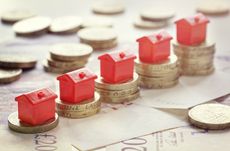 How to remortgage your house – and find the best remortgage deal
How to remortgage your house – and find the best remortgage dealRemortgaging is essentially switching what you owe on your current mortgage into a different mortgage product, either with the same bank or a different lender altogether.
By GoodtoKnow Published
-
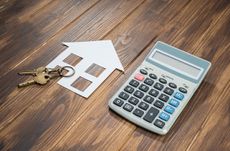 Buying a house: Everything you need to know as a first time homebuyer
Buying a house: Everything you need to know as a first time homebuyerBuying your first home is an extremely exciting time, but it can also be complicated. How much money will you need? What sort of mortgage should you opt for? How will stamp duty affect you?
By GoodtoKnow Published
-
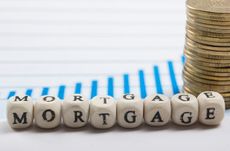 How to get a mortgage: An easy checklist for everything you need to do
How to get a mortgage: An easy checklist for everything you need to doRead our easy guide to demystify the mortgage process. Our step-by-step mortgage checklist will tell you everything you need to know about buying a home
By GoodtoKnow Published
-
 Mortgage rates explained: What to look out for when picking your mortgage interest rates
Mortgage rates explained: What to look out for when picking your mortgage interest ratesHow much interest rate should you be paying on your mortgage? We explain the different interest rates available for you
By GoodtoKnow Published
-
 Mortgage types explained: Which type of mortgage is right for me?
Mortgage types explained: Which type of mortgage is right for me?When choosing what mortgage to go for, it’s important to focus not only on on the interest rate and fees you’ll be charged, but also the type of mortgage that’s best for you
By GoodtoKnow Published
-
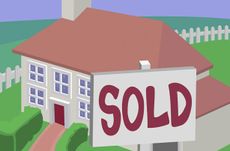 Sell my house fast: How to sell your house quickly
Sell my house fast: How to sell your house quicklyThinking of selling your house or flat? Even if drastic home improvements are out of your budget, there are lots of cheaper ways you can make your home look more attractive to both the estate agents who come to value it and prospective buyers who come to view it. Read our top tips for selling your house... fast.
By GoodtoKnow Published